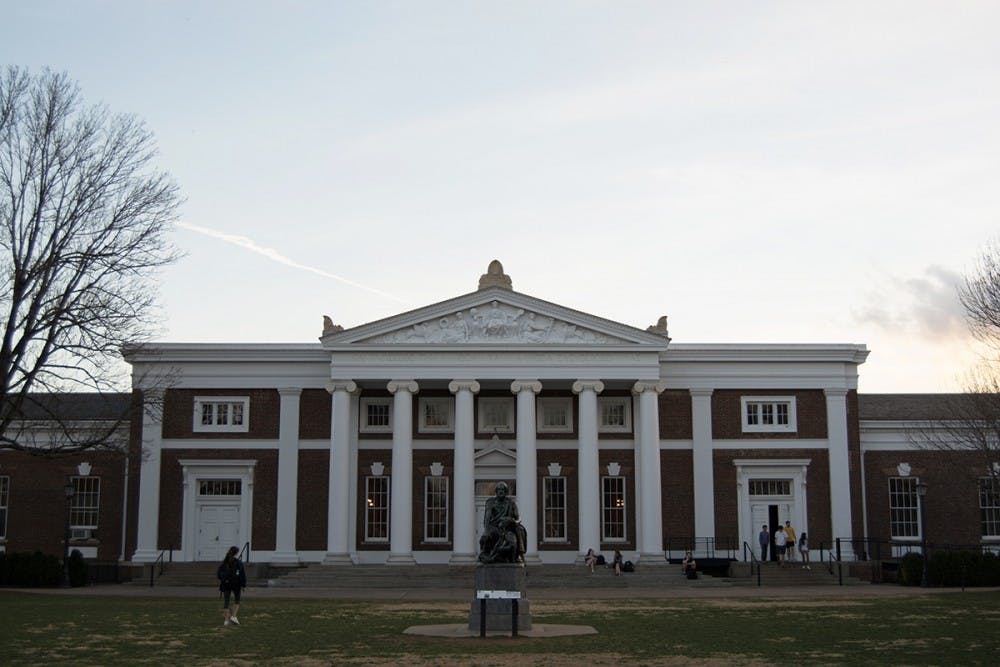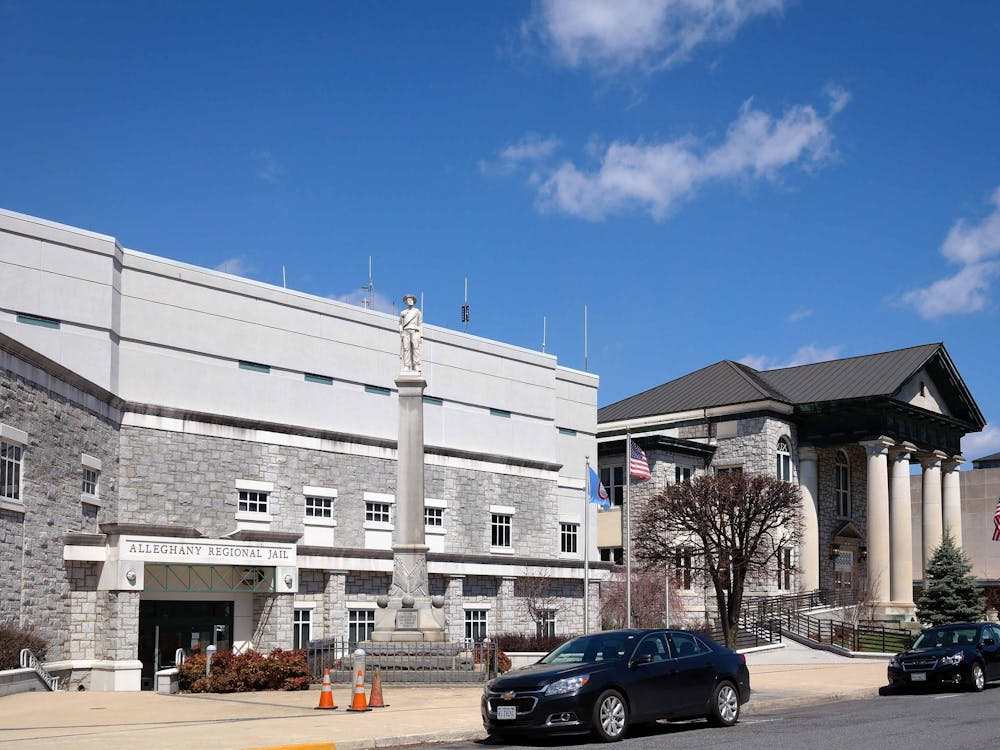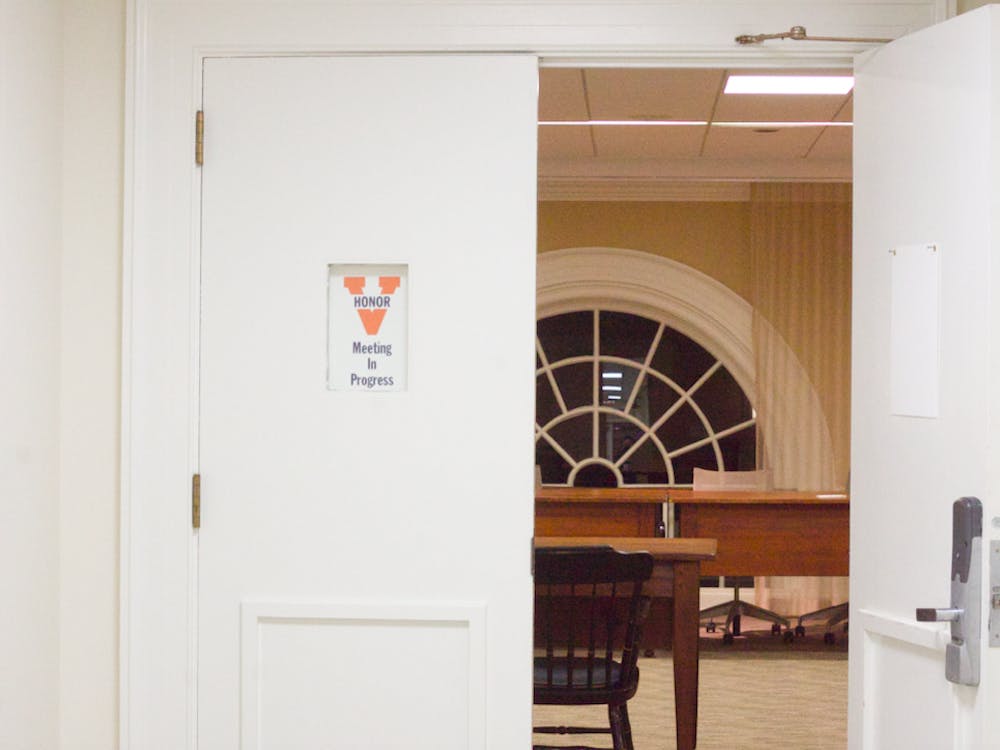The University’s mission statement articulates that the University “serves the Commonwealth of Virginia, the nation, and the world by developing responsible citizen leaders.” To this end, the University has recently hosted several forums and debates for elected politicians. This Friday, several University-affiliated organizations are co-hosting a debate between the Republican and Democratic candidates for the Fifth Congressional District, Denver Riggleman and Leslie Cockburn. What could otherwise serve as an informative event for hundreds of University students will instead be limited to select lottery winners, due to space limitations. Although large scale events such as these pose logistical challenges to the groups organizing them, the groups should strive to make them as accessible and accommodating as possible. These higher standards of accessibility and accommodation should apply not only to events of national significance, but also to events concerning local candidates and political figures. Raising these standards is important because it will allow students to engage with the politicians that most directly represent their concerns.
Some events have been brought to this standard already, such as Sen. Tim Kaine’s (D-Va.) discussion concerning the intersection of faith, religion and politics, and Hillary Clinton’s headlining of the Women’s Leadership Conference, both of which were held in Old Cabell Hall — a venue with a seating capacity of 851 people. Other events, such as the debate for Virginia’s Republican Senate nomination, have not reached a reasonable standard of accessibility. Groups responsible for organizing these events should be conscious of the fact that the events expose students to a variety of political ideologies.
A breakdown in dialogue has crippled the political process in our nation. According to a Brookings Institution study, college students especially hold problematic attitudes towards free speech, including the view that it is acceptable to deplatform speakers with whom they disagree. Recent events at college campuses across the nation have demonstrated that partisan division has grown in the current political climate. To combat these trends, groups responsible for hosting these events should work to include more students in these conversations with the hope of creating meaningful dialogue between people of different political views. Moderated, respectful discussion allows for the exchange of ideas between those who hold different views, providing students the opportunity to construct their own assessments of candidates’ platforms.
Organizing groups should make local events just as accessible to the University community as events with statewide or national attention. Since the University has the resources and facilities to promote political engagement at the local level, organizing groups should make use of the best possible venues. Possible opportunities to expand offerings include hosting events focused on specific issues that concern local citizens, such as rising healthcare premiums. If University-affiliated groups hosted events where local politicians could discuss particular issues in-depth — and in large venues — students could better engage in the local political process.
While University-affiliated groups must provide the forum for political engagement, their efforts are in vain unless students choose to participate in the political and electoral process. Students should register to vote and engage in elections here in Charlottesville or in their hometowns. Voter participation in the United States pales in comparison to many other developed nations, which must increase to ensure that elected officials represent the interests of the people. University organizations should continue their work to help students register, and students should take advantage of the opportunity to shape our democracy.
The conflict regarding free speech on college campuses may discourage groups responsible for organizing events from hosting speakers that may cause controversy. However, it is vital that the University strengthen its climate of discourse by hosting such events. The University has the resources and infrastructure to foster thoughtful dialogue and engagement in the political process, and such efforts are vital for the continued health of our democracy.
The Cavalier Daily Editorial Board is composed of the executive editor, the editor in chief and three at-large members of the paper. The board can be reached at eb@cavalierdaily.com.






